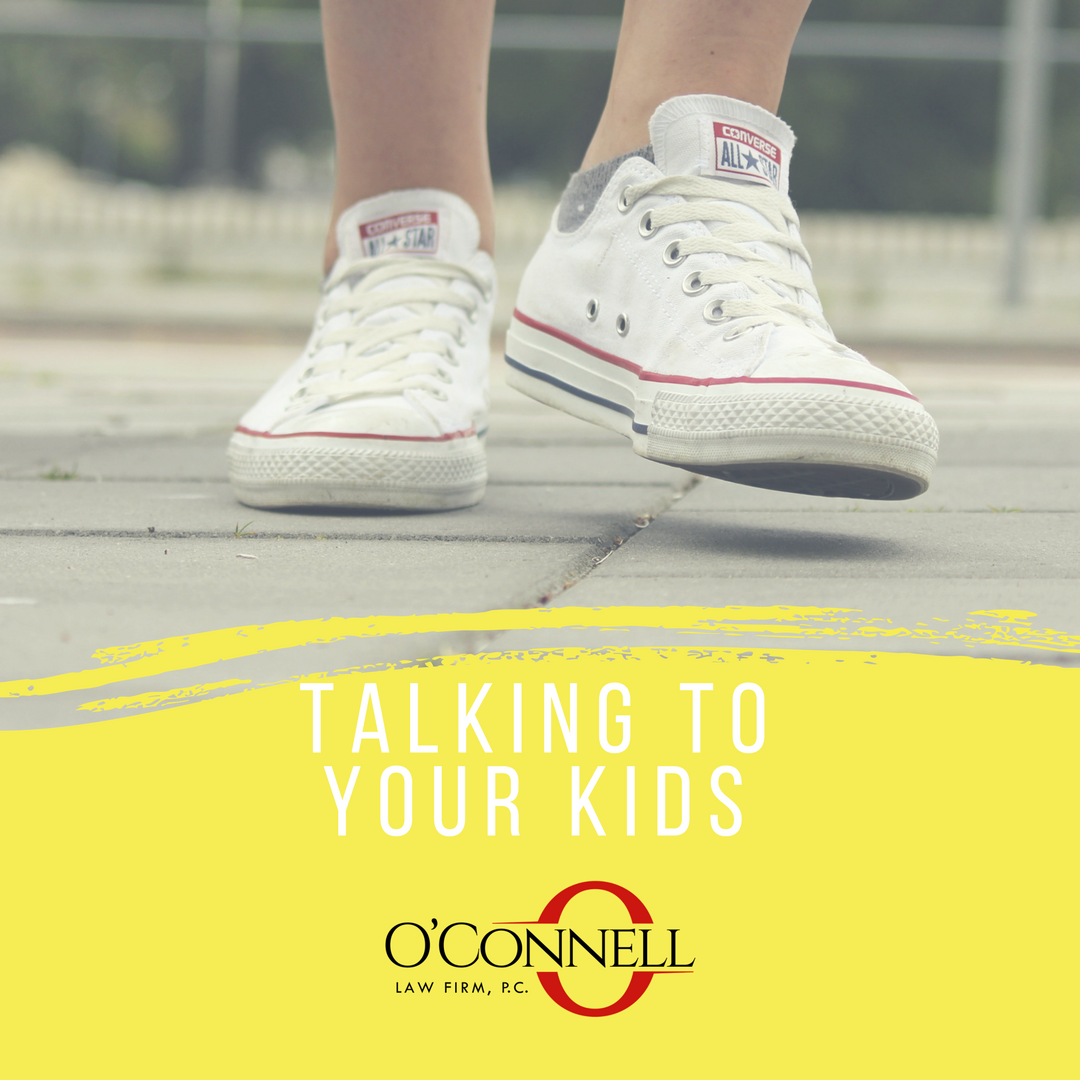How to Talk to your Kids about Divorce
Talking with your kids about your divorce can be hard. What to do? What to say about divorce? When to talk about divorce?
First, make sure you understand any orders or limitations in YOUR divorce case. Read the pleadings in your divorce and talk to your divorce lawyer to make sure you understand what you can and can’t say about the divorce or any other issues in the divorce.
If your county has standing orders then you may have specific limitations put in place at the beginning of your divorce. Denton County has standing orders that are very specific about what parents can and can’t do during the divorce. But, check with your attorney about your county and your standing orders and any specific orders applying in your divorce. Standing orders are orders that apply in every case without one party asking for the orders.
After you know what you can and can’t do from the Court’s perspective, make sure you follow those particular set of guidelines. Follow the rules. If you don’t, you may find yourself explaining why you didn’t follow the orders to the Judge in your case. And, if you end up there, it may have a negative impact on your side of the divorce.
Make sure your kids know the divorce isn’t their fault.
Your kids need to know that the divorce isn’t their fault. Make sure your children know that your divorce is between you two as a husband and wife. Reassure them that both parents still love them and will always love them. Put your kids first throughout the divorce, as best you can. This is especially important if your divorce is contentious. Keep them out of the conflict that comes from the divorce.
Don’t use your child as a messenger.
If ever there was a time to shield your kids, it is during divorce. A divorce is the time for you to step up and be the adult. Fight the hard fight if you need to do that, but keep your kids out of it. Communicate with your soon to be ex outside of your kids. Use email, a co-parenting or communication website, a calendar or whatever it takes to keep the communication away from your kids. Your kids need to be kids – and not in the middle of the biggest conflict of their lives between the two most important people in their lives.
Don’t trash talk your spouse.
You will have moments during your divorce that you might be tempted to throw your spouse under the bus during a conversation. Take a minute and check yourself before you do that. Sometimes you may be letting off some steam with some friends and there will be no harm done. But, if your kids are around – don’t do it. Take the high road. Kids are smart and they hear everything that is said about the divorce. You will always be in a good position if your rule is that you don’t say anything negative around your kids or to your kids about your spouse during the divorce. Don’t rely on headphones, movies, tv or games to be the silencer for your conversations about divorce topics. Just don’t do it.
Don’t tell kids details about the divorce.
Don’t bring your kids into your circle of friends or confidantes about what is going on with the divorce. And, living arrangements aren’t good details to get into with your kids while negotiating with your soon to be ex-spouse. It’s never good to tell your kids they can choose who they want to live with. There are several reasons that is a bad idea. The primary reason is that it just isn’t true. The Judge will make the rulings if the parents can make agreements about issues. Your child doesn’t have the power to make decisions and they shouldn’t feel like they have to make those decisions. The power is a heavy weight to carry as a child in divorce. Your child can possibly talk with the Judge, but under certain circumstances only. And, you need to talk with your lawyer about whether that is even a good decision in your case or not.
As always, find an experienced divorce and family lawyer to talk with about the specifics of your case.
Jill O’Connell, 972-203-6644


